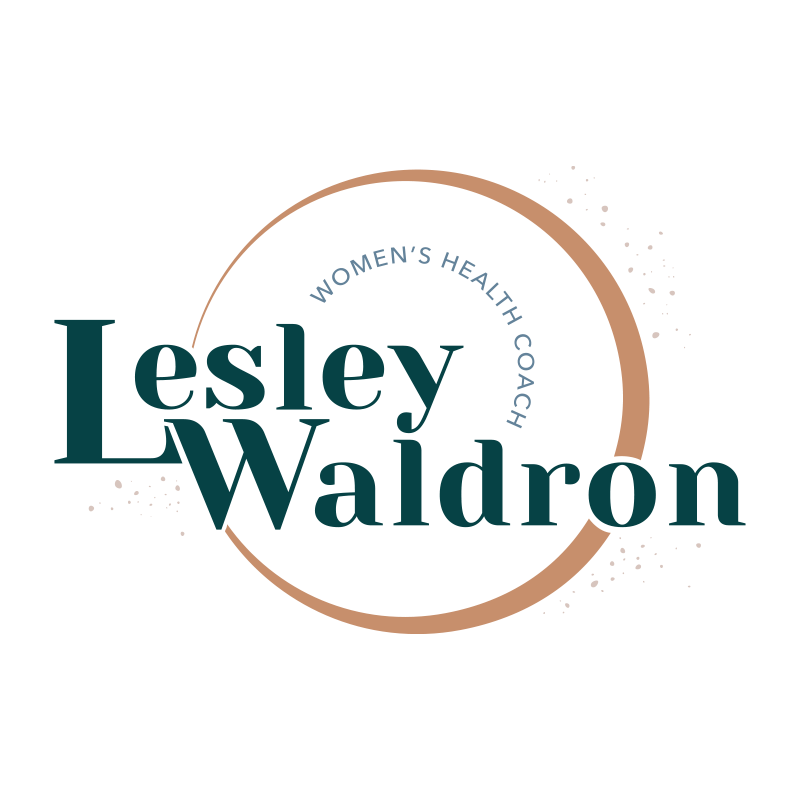8 simple strategies to help with overwhelm
Stress, overwhelm and the brain
As we progress through midlife and perimenopause we can become more susceptible to stress and when life throws curve balls our way we can tip over into overwhelm. That feeling of not coping, of not knowing what step to take next.
Despite all my knowledge and self awareness it still happens to me, and there are a variety of practices I use to support my nervous system and reduce my stress levels.
Increased stress levels, high levels of stress hormones cortisol and adrenaline have a negative impact on our health and our brain health over time, so finding steps towards calm can be very helpful.
8 simple tips to support your nervous system when life is feeling overwhelming.
But don’t be overwhelmed by all 8. Maybe just pick one!
Hydration - this should be top of the list. Keep drinking water. So important and easy to forget, especially on a tired day. It will help you concentrate, help keep your blood flowing, support your digestion, your brain energy and focus and help you sleep.
Breathing exercises - slowing down your breath sends a powerful signal to your nervous system that you are safe. I’ve had clients who are SO busy they can’t contemplate complex breathing exercises, so we simply focus on taking a long deep inhale and exhale between tasks or meetings. Box breathing is a great regulator (inhale for 3, hold for 3, exhale for 3, hold for 3 and repeat). Great to do if you wake up worrying in the night as it helps bring your attention back to the breath.
Sleep can be hard when you are stressed and overwhelmed. Getting deep restorative sleep is necessary for your brain health but can feel elusive. One way to help ourselves with this is to make sure we have time to feel restored before we go to sleep. Write a to-do list, or journal out all of your worrying/ruminative thoughts. Spend time on cleaning your face, teeth or have a bath as a way to acknowledge your body’s exhaustion. Use a sleep meditation (there are some great one’s on the Insight Timer app and have found the meditations from Andrew Johnson very effective for years - there's one called Power Nap which is great for a daytime refresh and one called Deep Sleep which is great pre-bedtime (or if you wake up in the night). The only downside is that it means your phone is by your bed and is connected to the internet - when it is preferable to have all screens switched off and out of the bedroom at least an hour before bed.
The Basic exercise - this is a really helpful 'reset' of the nervous system from Stanley Rosenberg’s book, Accessing the Healing Power of the Vagus Nerve. It’s a simple exercise that only takes a minute or two and is worth doing a couple of times a day at the moment (it also helps with stiff neck!) - here's an explanation https://www.youtube.com/watch?v=Kdf2-I5POe0 - you'll only need to watch it once.
Restorative yoga poses, things like legs up the wall, child's pose, happy baby, or simply having a moment to lie down calmly and breath during the day. Lying down on a mat with your eyes closed is restorative, even if just for 5 minutes.
Mindful moments - taking time to pay attention to the first sip of tea, of water, of the first bite of a meal. A way to practice moments of presence and slow down a busy, ruminating mind.
Self-compassion - to keep bringing your thoughts back to being compassionate to yourself. Allowing it to be hard but not being hard on yourself. (Kristen Neff has some lovely meditations on her website here https://self-compassion.org/category/exercises/). Journalling it all out can help with the rumination - as we write things out it helps our brain process and can slow down those recurring thoughts.
Supplementation and nutrition - stress has an impact on our whole body's systems and can cause depletion of certain nutrients. Supplementing B vitamins and vitamin C can be very helpful and can support your energy and immune system. Something like this B complex spray or these tablets or these from Neals Yard. Adaptogenic herbs - Rhodiola and Ashwaghanda can be particularly effective - I have found this Wild Nutrition combination really effective - it's not an instant fix but over time really helps. I've also used this one from Viridian. But supplements are only effective if you’re digestion is working well, so adding in plenty of water and fibre is important too.
There’s more I could share but perhaps one at a time is enough. Pick the one that most resonates with you today, and see if you can stick with it for a while.
Find out more about why managing stress is KEY to your experience of perimenopause and your long term health in my upcoming workshop on perimenopause and the brain.
